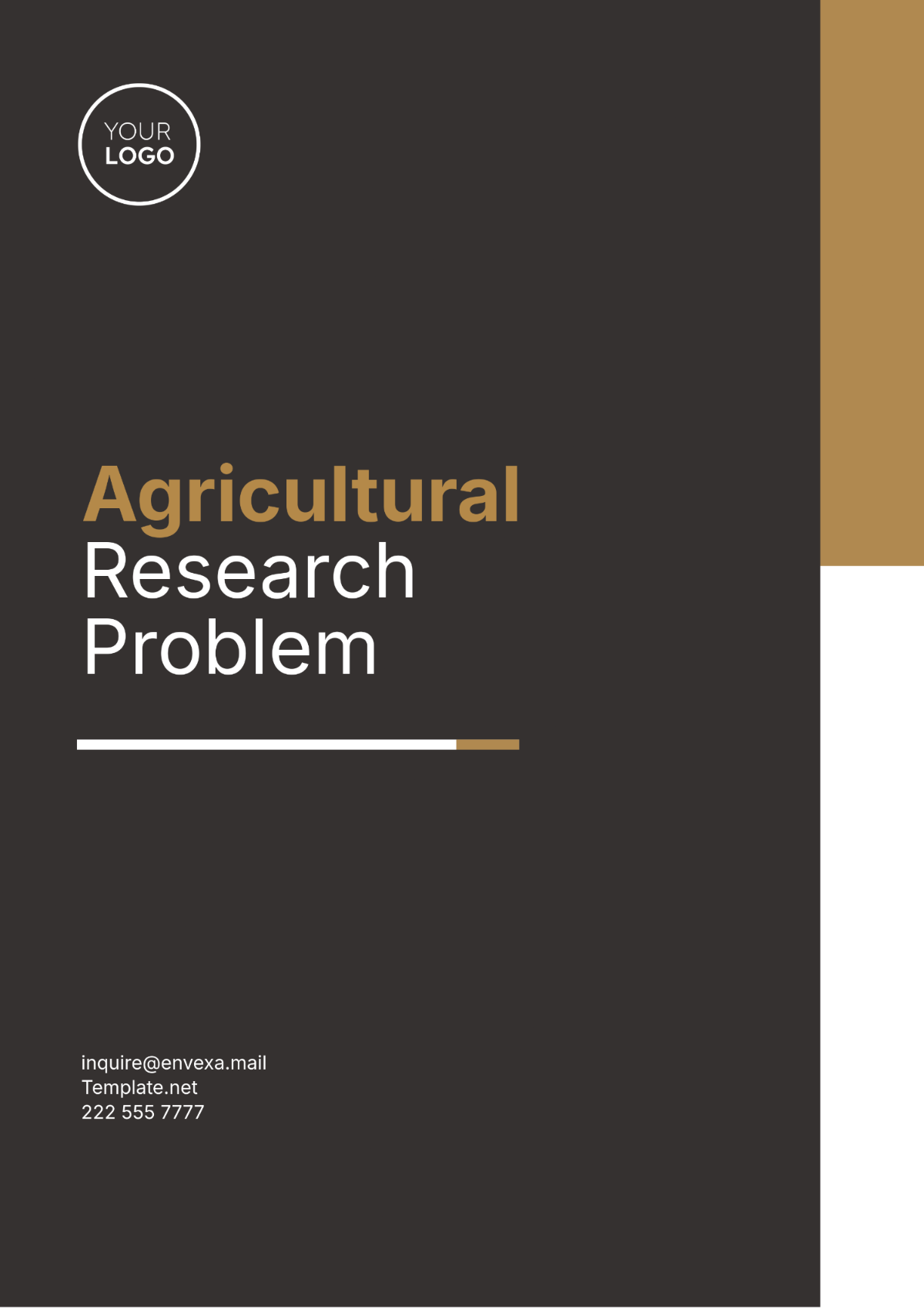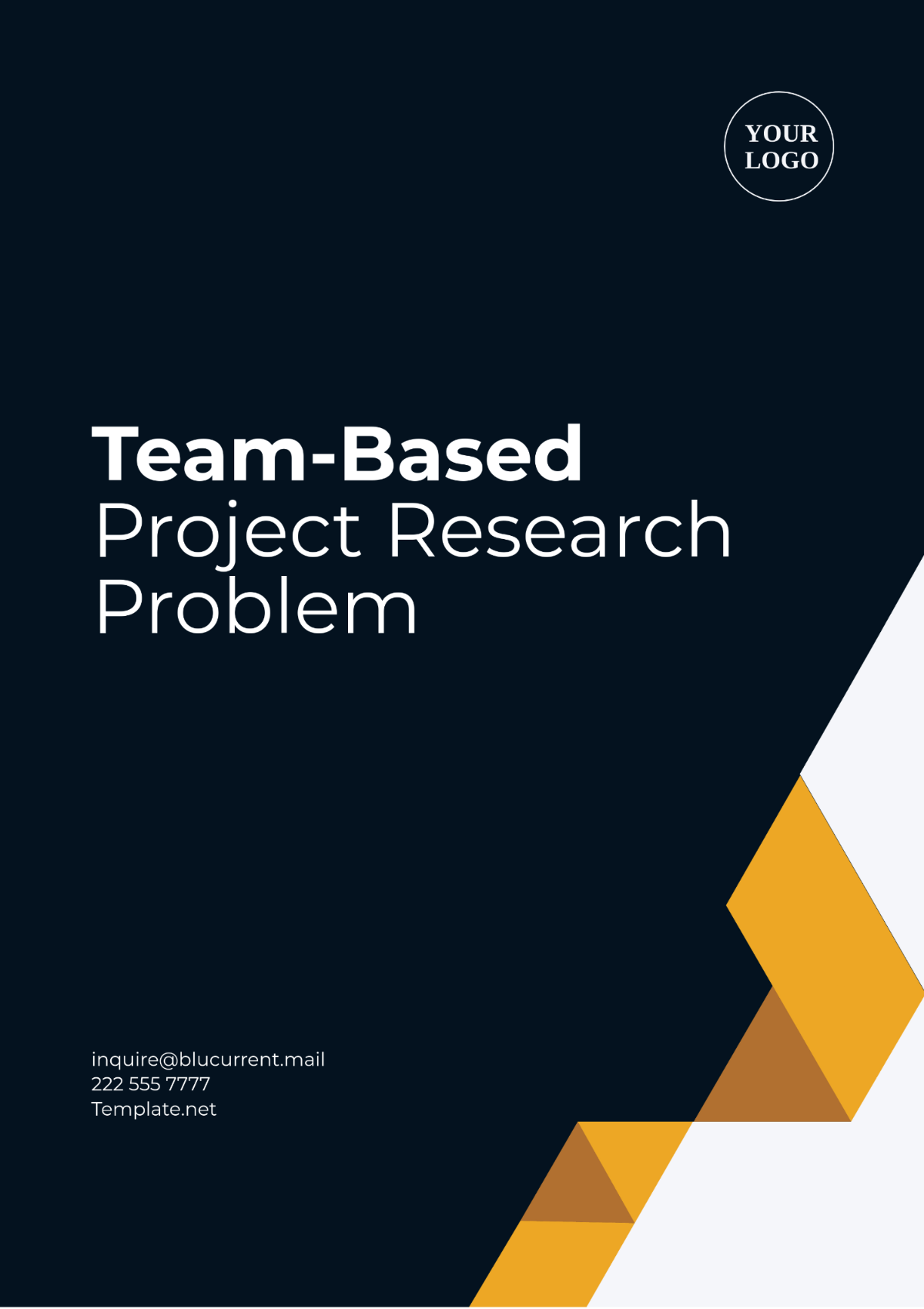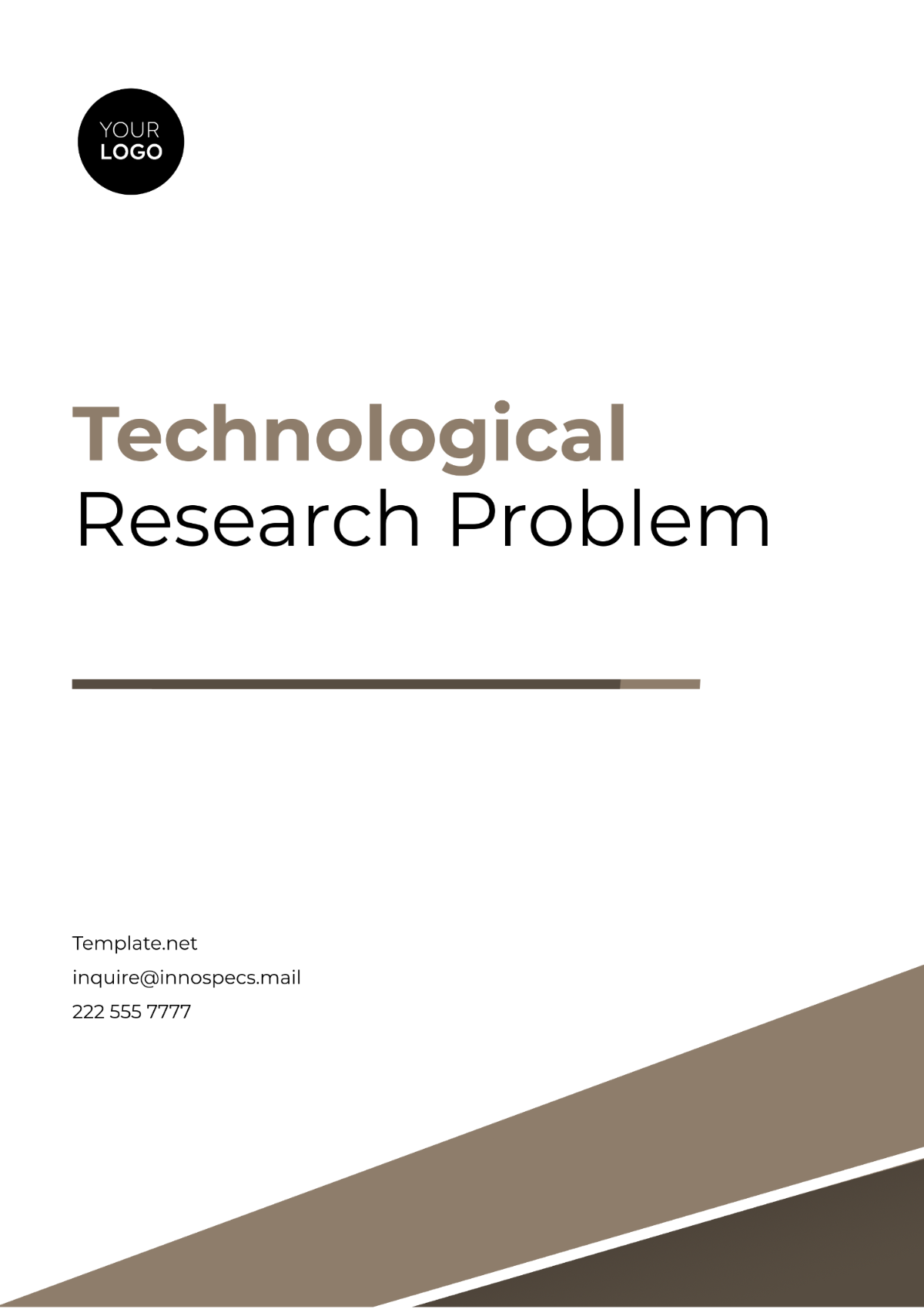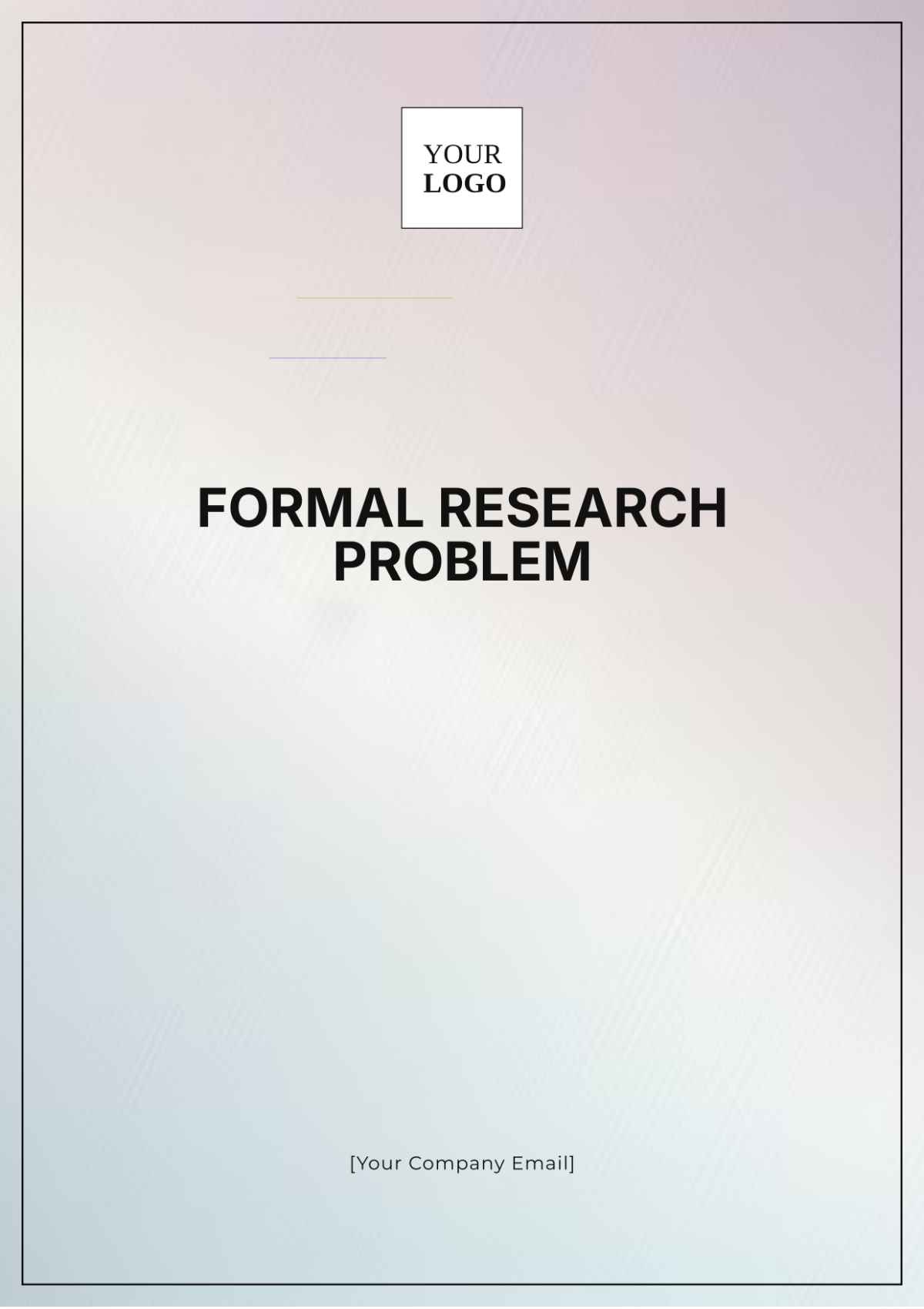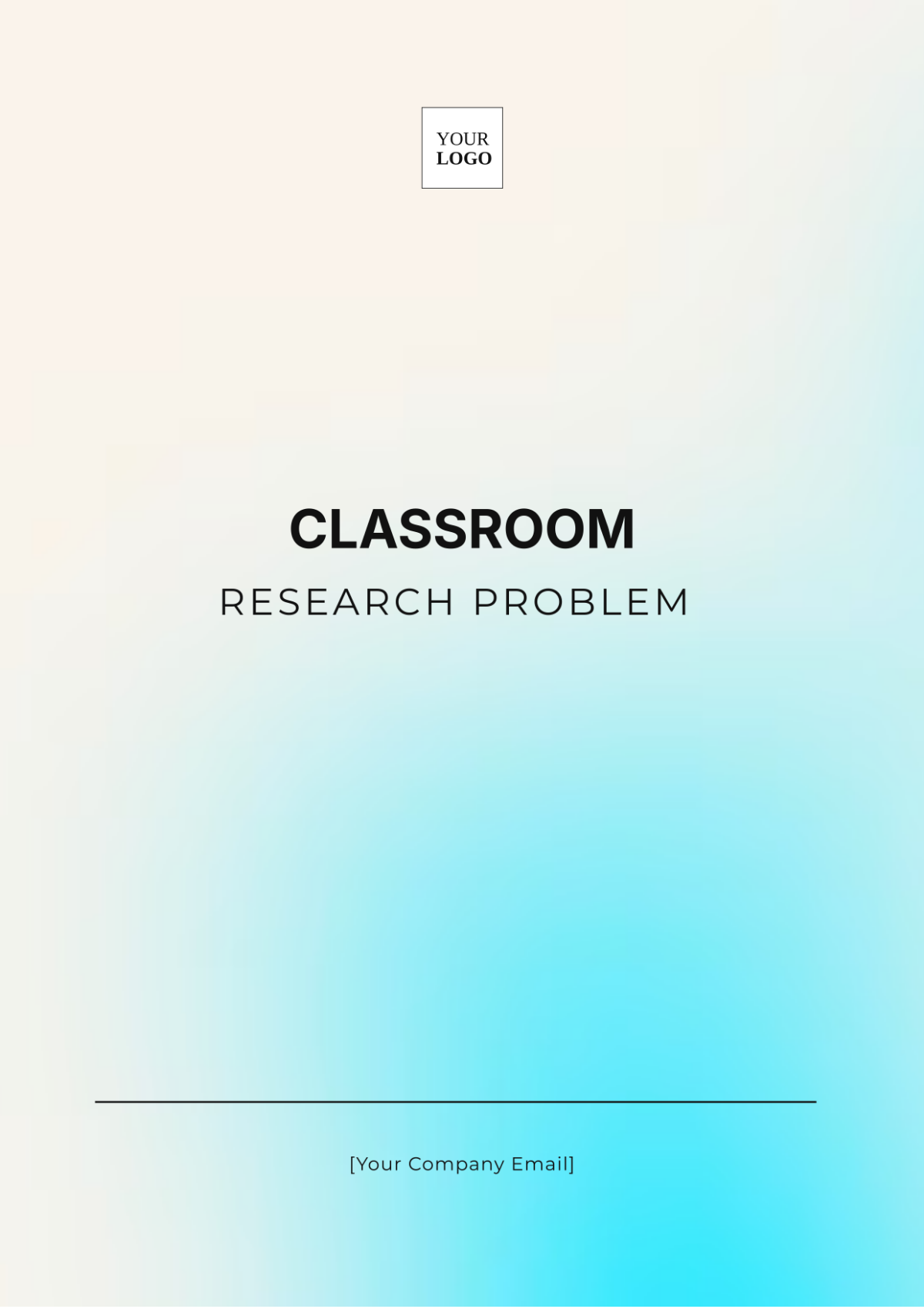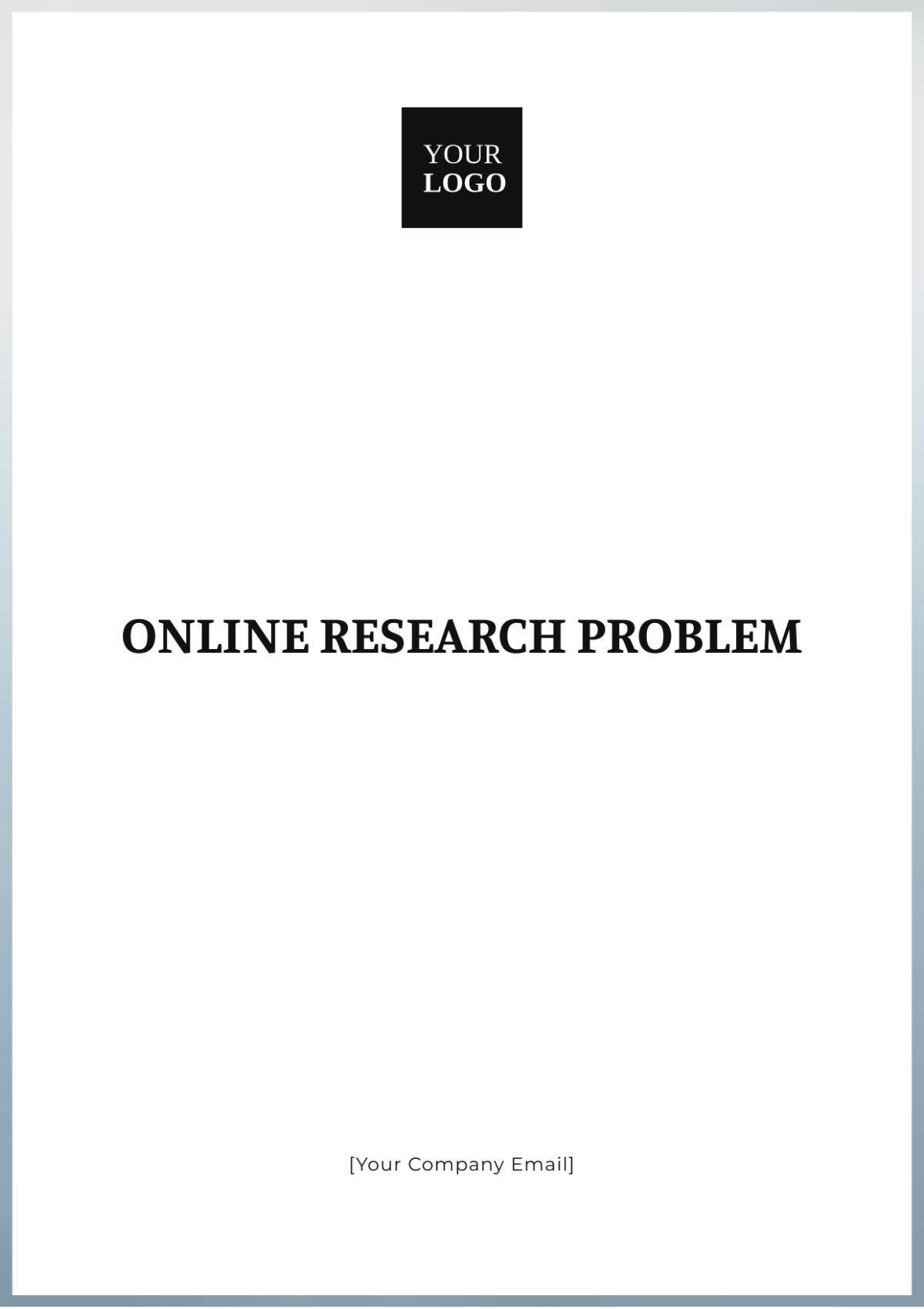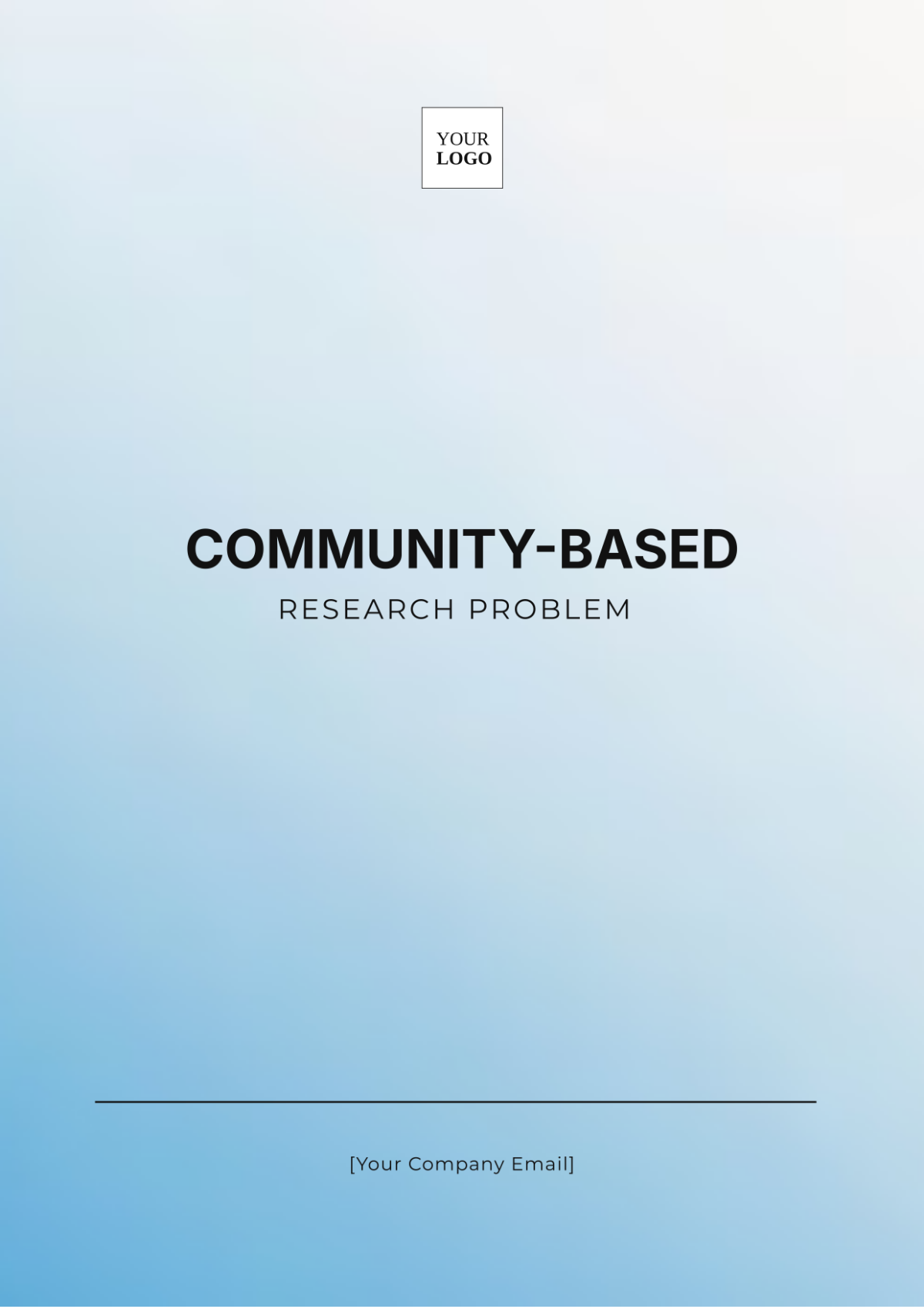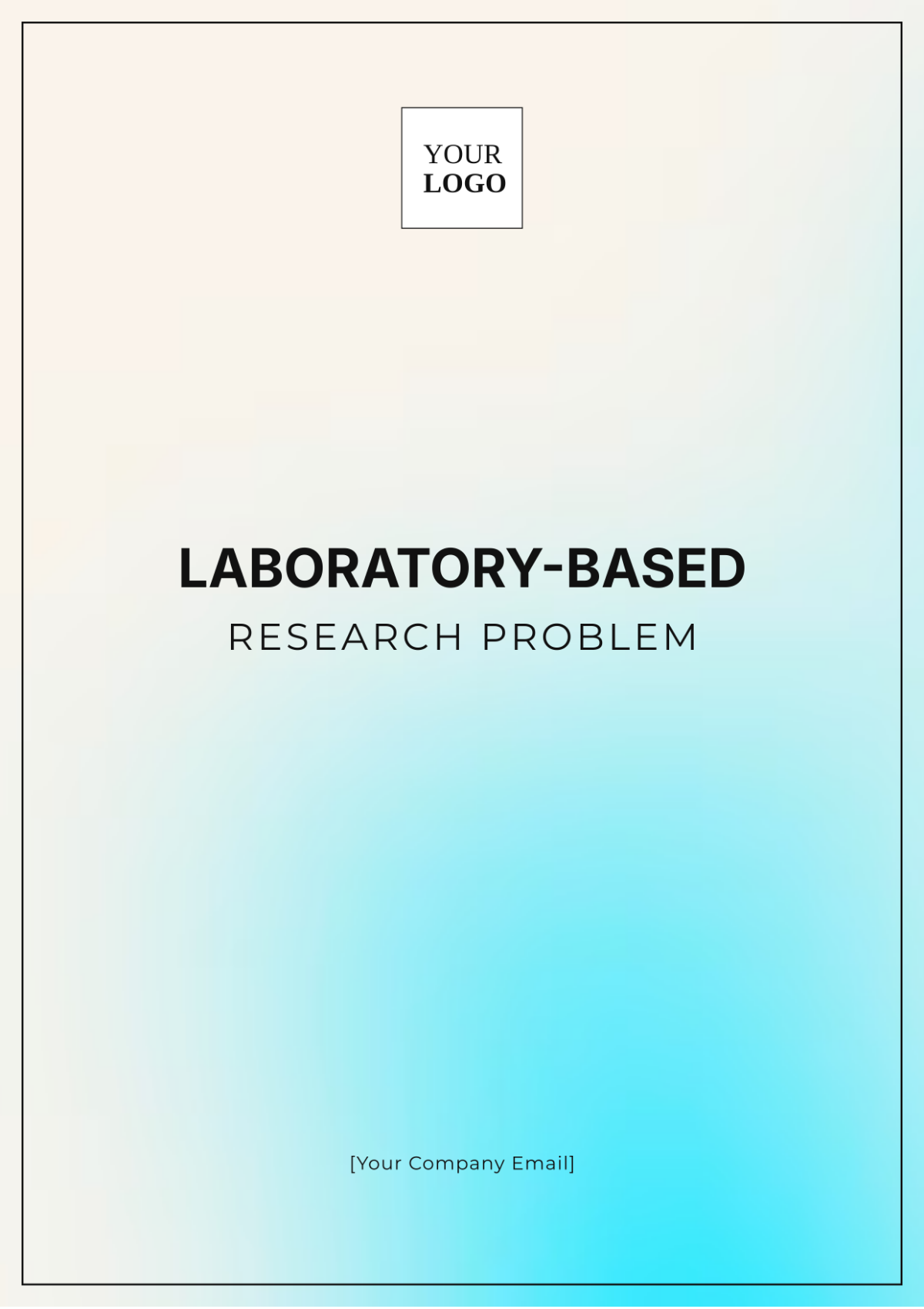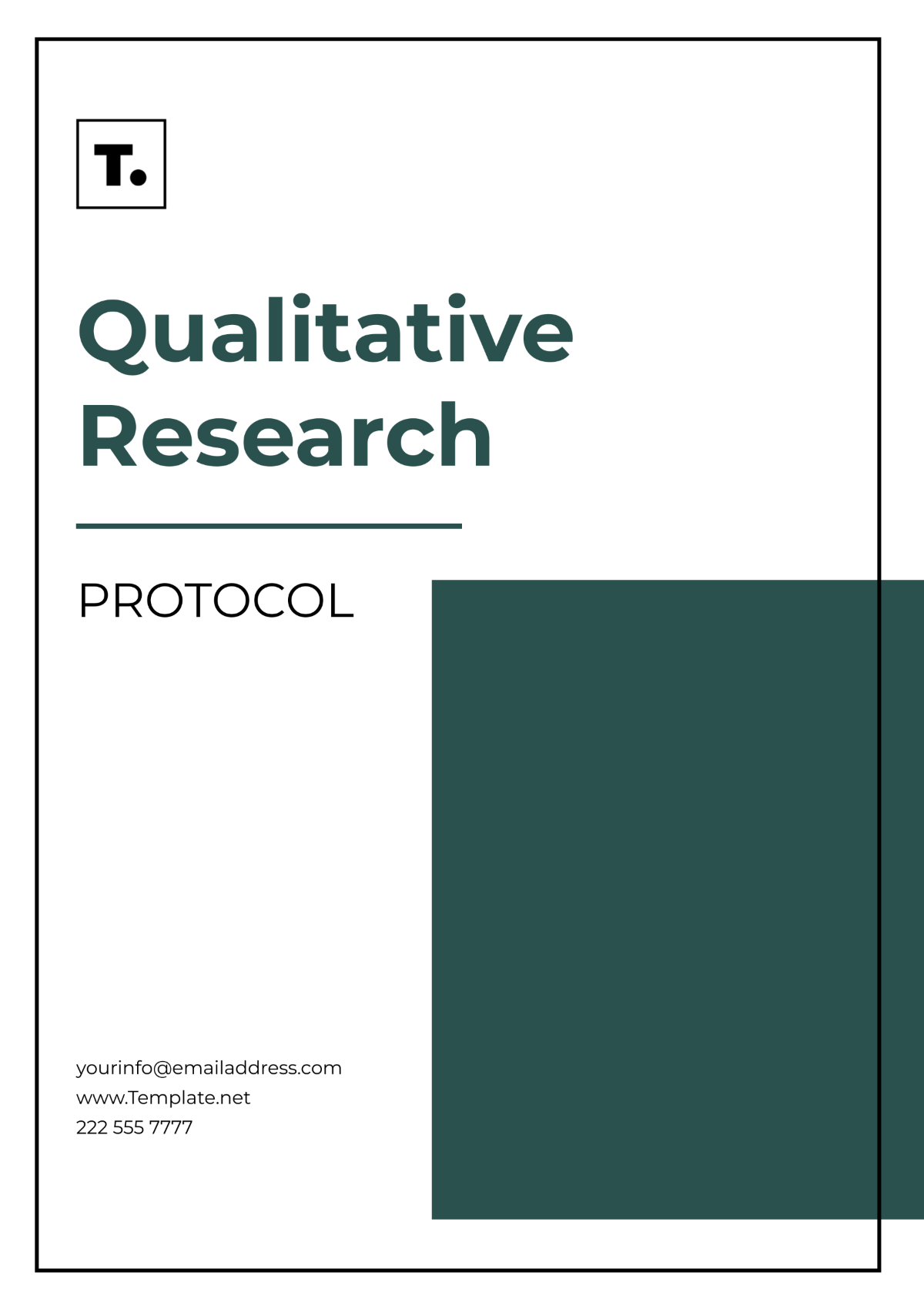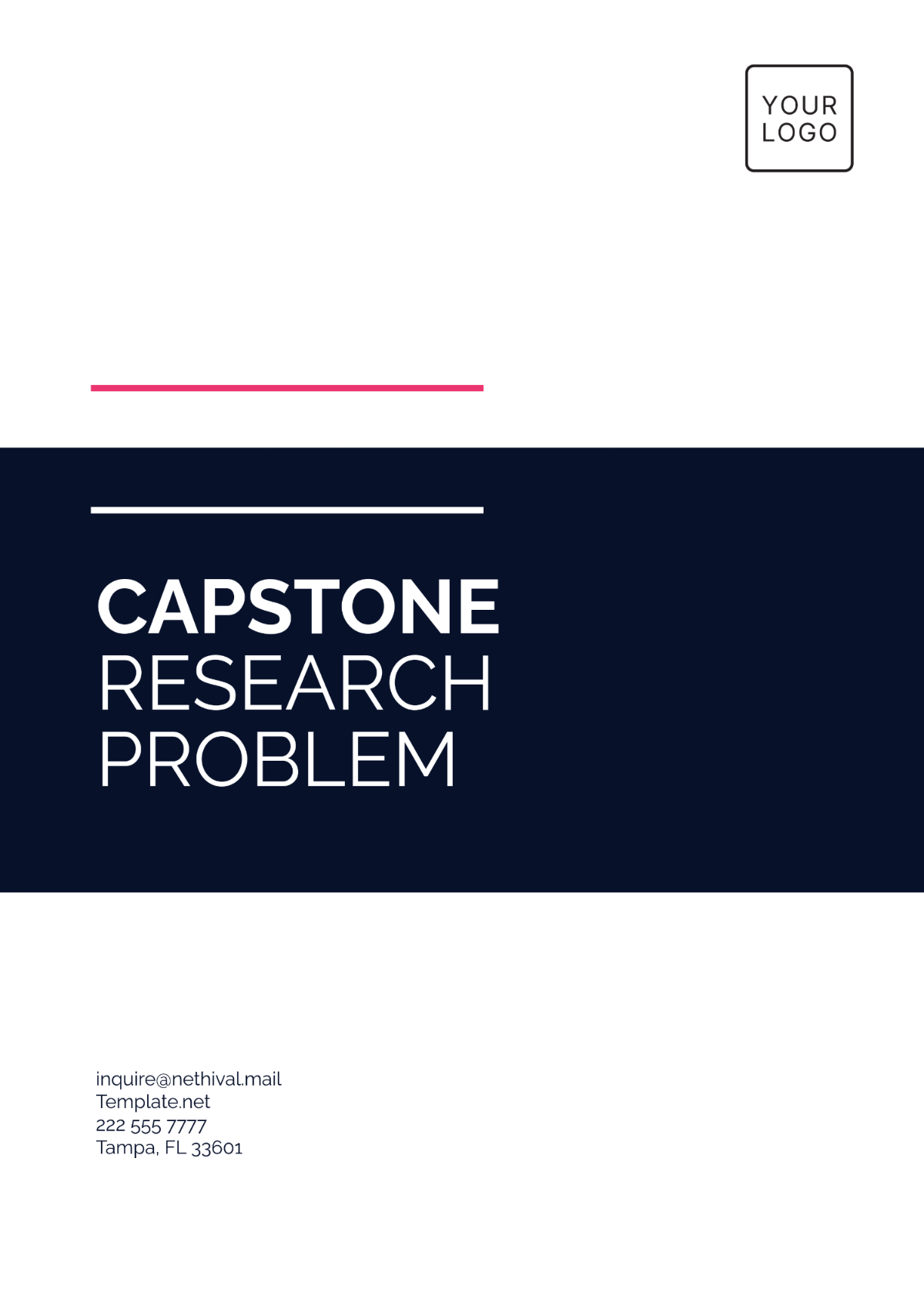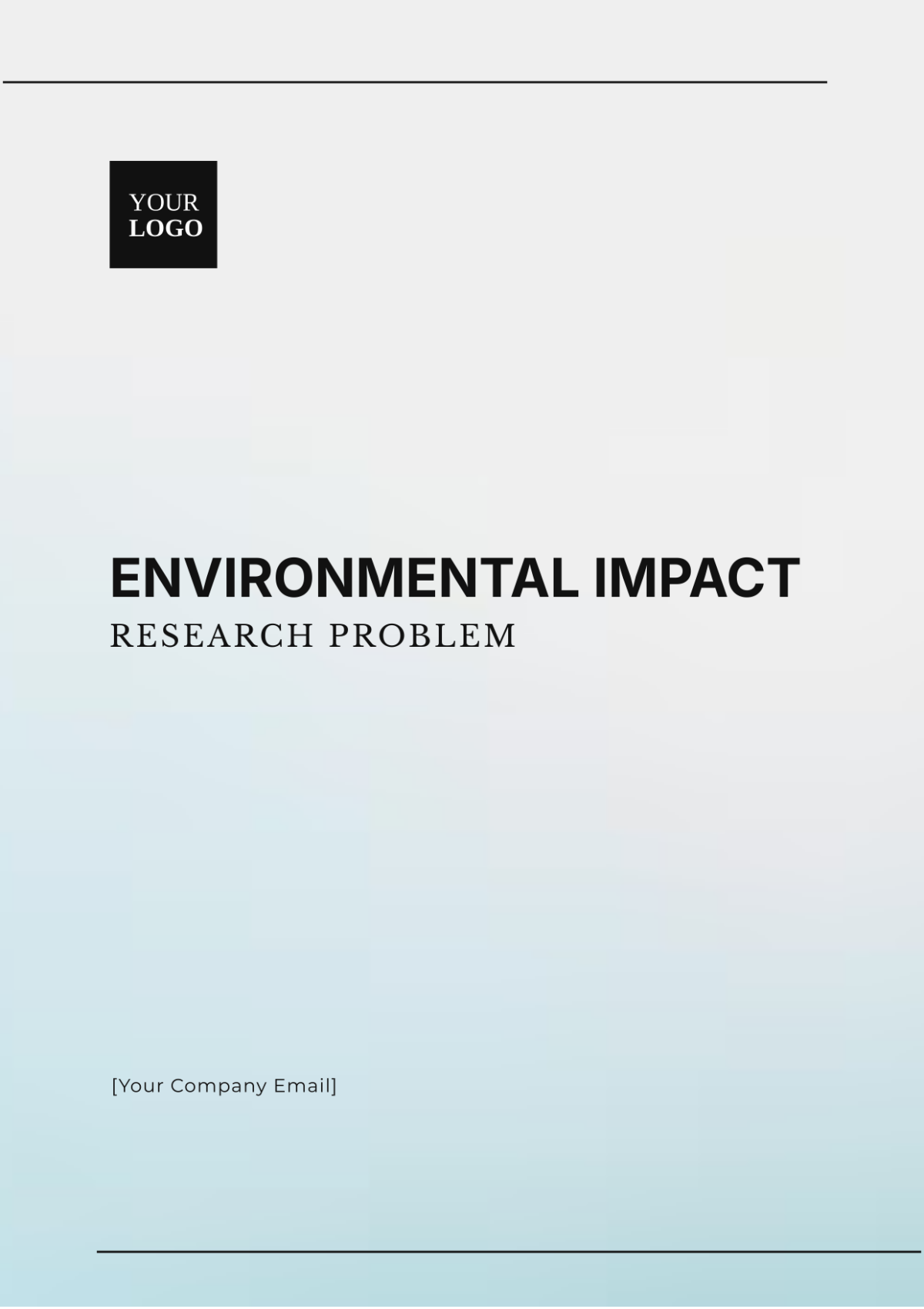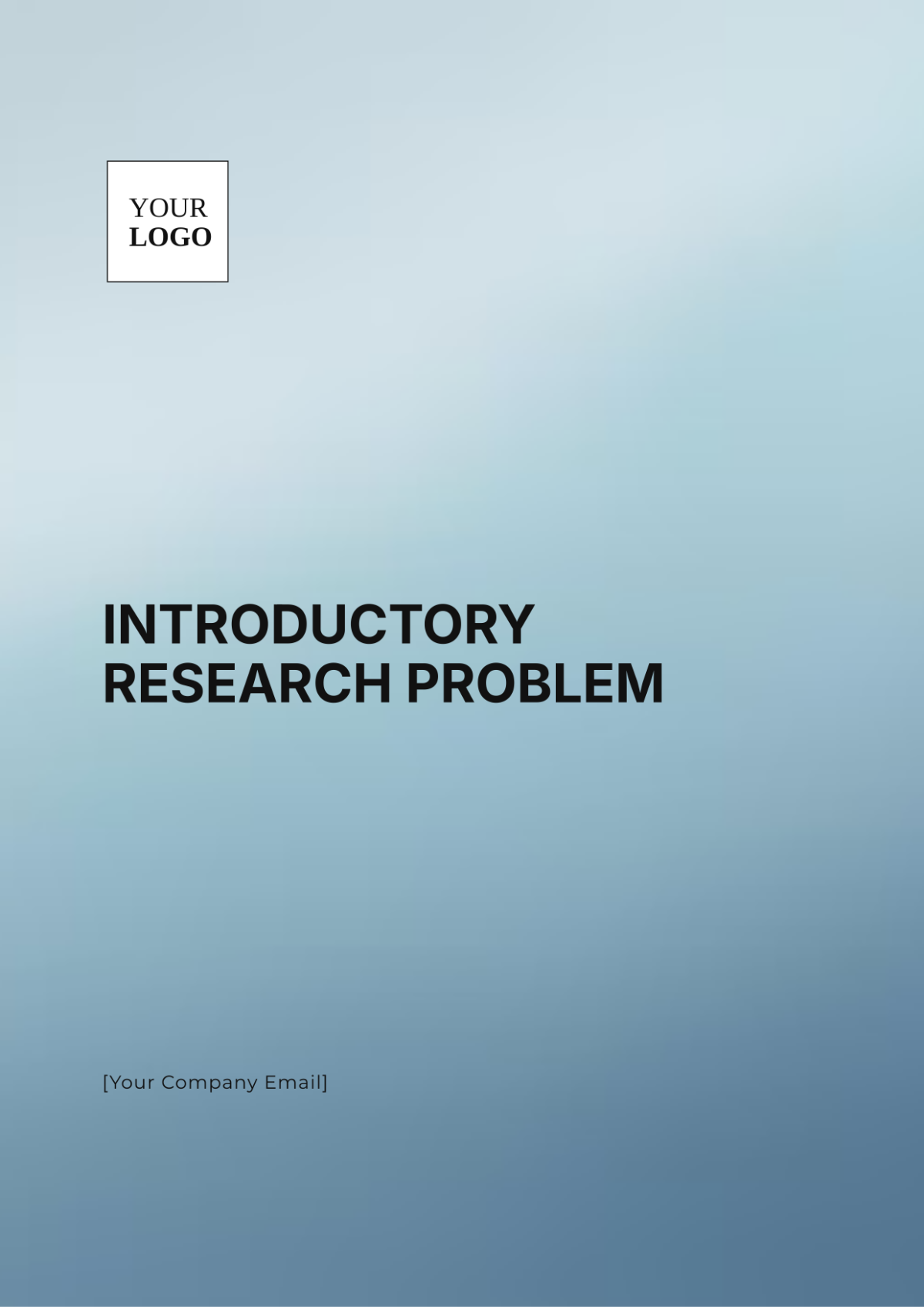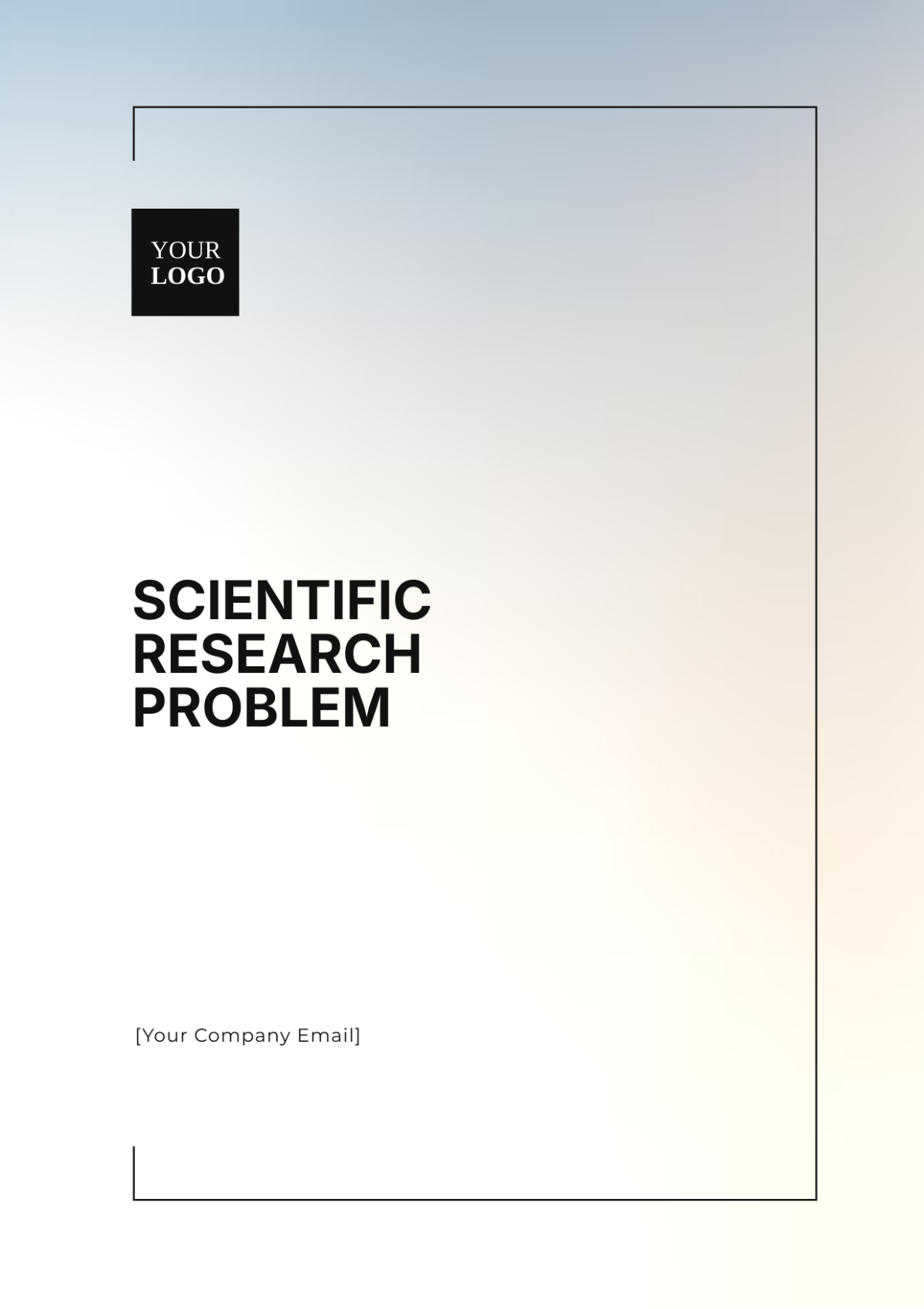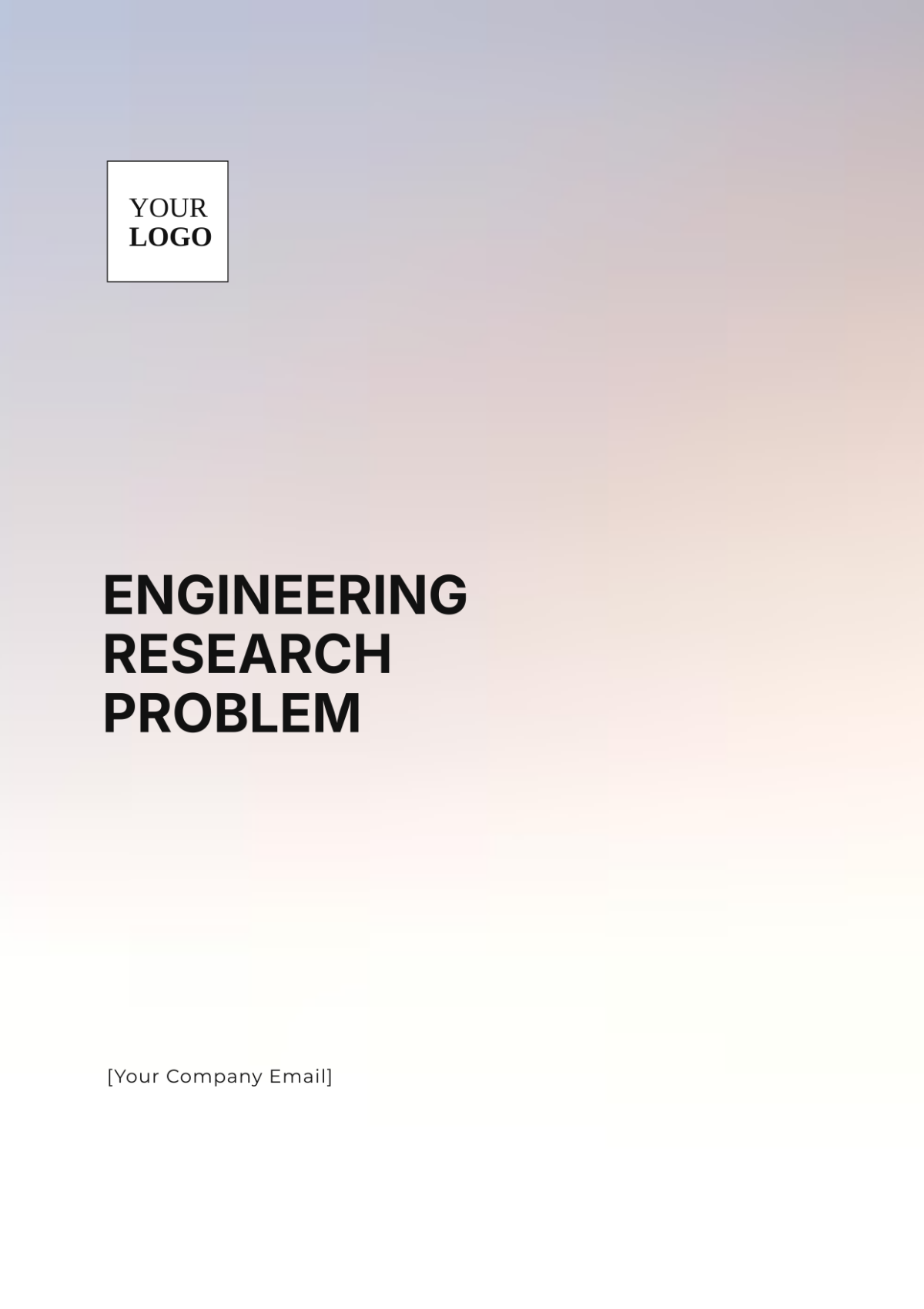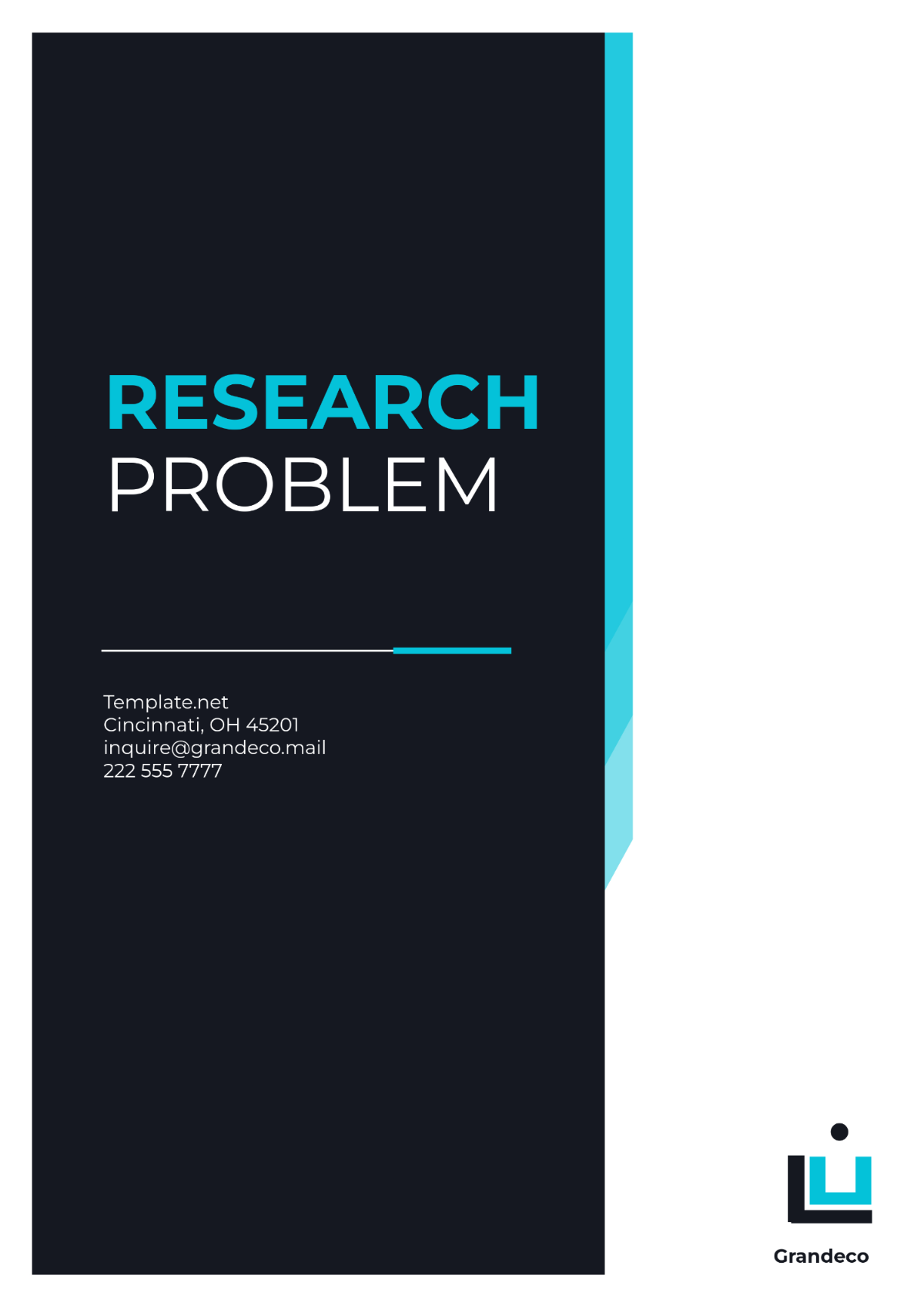Annotated Bibliography Research
Prepared by: [YOUR NAME]
I. Introduction
In the rapidly evolving landscape of biotechnology, staying updated on the latest literature and research trends is paramount for professionals and researchers alike. This annotated bibliography research aims to provide a comprehensive overview of recent studies, articles, and resources that shed light on emerging trends, innovative methodologies, and key developments in the field. By synthesizing and evaluating these sources, professionals can enhance their understanding, inform their practice, and contribute to the advancement of biotechnology.
II. Technological Advancements in Biotechnology
A. Artificial Intelligence and Biotechnology Applications
Johnson, E. (2055). Applications of Artificial Intelligence in Biotechnology. Journal of Biotechnology, 10(2), 100-120.
Dr. Johnson's study explores the diverse applications of artificial intelligence (AI) in biotechnology, focusing on areas such as drug discovery and genomics. The study provides insights into how AI-driven approaches are revolutionizing research and development processes in the biotech industry.
Smith, D. (2058). Effectiveness of AI-driven Interventions in Personalized Medicine. Biotechnology Advances, 25(4), 300-325.
Dr. Smith's meta-analysis evaluates the effectiveness of AI-driven interventions in personalized medicine. By synthesizing findings from various studies, the meta-analysis highlights the potential of AI technologies to tailor medical treatments to individual patients, thereby improving clinical outcomes.
B. Blockchain Technology in Biotechnology
Lee, S. (2060). Blockchain Applications in Clinical Trials. Biomedical Research International, 30(1), 50-75.
Dr. Lee's research examines the use of blockchain technology to enhance data security and integrity in clinical trials. The study discusses how blockchain can provide a decentralized and immutable ledger for storing and sharing clinical trial data, thereby improving transparency and trust in the research process.
Brown, M. (2062). Blockchain in Supply Chain Management for Biopharmaceuticals. Pharmaceutical Research, 15(3), 200-220.
Dr. Brown investigates the potential of blockchain for improving supply chain management in the biopharmaceutical industry. The study explores how blockchain can enable greater traceability and accountability in the production and distribution of biopharmaceutical products, ultimately enhancing patient safety and regulatory compliance.
III. Trends in Research Methodologies
A. Quantitative Approaches
Carter, S. (2063). Comparative Analysis of Quantitative Methods in Drug Efficacy Prediction. Journal of Pharmaceutical Sciences, 35(2), 150-175.
Dr. Carter's longitudinal study compares the effectiveness of different quantitative methods in predicting drug efficacy. By analyzing real-world data, the study provides insights into the strengths and limitations of various quantitative approaches, helping researchers make informed decisions in drug development.
B. Qualitative Inquiry
Garcia, M. (2066). Qualitative Inquiry in Ethical Considerations of Gene Editing Technologies. Journal of Bioethics, 45(4), 350-375.
Dr. Garcia's research explores the use of qualitative inquiry in understanding the ethical considerations associated with gene editing technologies. Through in-depth interviews and thematic analysis, the study elucidates the complex ethical dilemmas inherent in gene editing research and highlights the importance of ethical reflexivity.
IV. Emerging Topics and Debates
A. Ethical Considerations in Biotechnology
Martinez, L. (2070). Ethical Dilemmas in CRISPR-Cas9 Gene Editing. Bioethics Review, 55(2), 180-205.
Dr. Martinez examines ethical dilemmas arising from the use of CRISPR-Cas9 technology in gene editing. The study critically evaluates the ethical implications of genome editing for therapeutic and enhancement purposes, raising important questions about consent, equity, and social justice.
B. Global Perspectives and Cultural Competence
Chen, W. (2074). Cultural Diversity in Clinical Trial Recruitment and Participation. International Journal of Biomedical Research, 65(4), 400-425.
Dr. Chen's research explores the implications of cultural diversity for clinical trial recruitment and participation. By adopting a global perspective, the study highlights the importance of culturally sensitive approaches to improve diversity and inclusion in clinical research.
V. Conclusion
In conclusion, this annotated bibliography research highlights the diverse array of literature and research trends shaping the landscape of biotechnology. By staying abreast of these developments, professionals can enrich their practice, contribute to knowledge dissemination, and ultimately drive positive change in biotechnology.
VI. References
Johnson, E. (2055). Applications of Artificial Intelligence in Biotechnology. Journal of Biotechnology, 10(2), 100-120.
Smith, D. (2058). Effectiveness of AI-driven Interventions in Personalized Medicine. Biotechnology Advances, 25(4), 300-325.
Lee, S. (2060). Blockchain Applications in Clinical Trials. Biomedical Research International, 30(1), 50-75.
Brown, M. (2062). Blockchain in Supply Chain Management for Biopharmaceuticals. Pharmaceutical Research, 15(3), 200-220.
Carter, S. (2063). Comparative Analysis of Quantitative Methods in Drug Efficacy Prediction. Journal of Pharmaceutical Sciences, 35(2), 150-175.
Garcia, M. (2066). Qualitative Inquiry in Ethical Considerations of Gene Editing Technologies. Journal of Bioethics, 45(4), 350-375.
Martinez, L. (2070). Ethical Dilemmas in CRISPR-Cas9 Gene Editing. Bioethics Review, 55(2), 180-205.
Chen, W. (2074). Cultural Diversity in Clinical Trial Recruitment and Participation. International Journal of Biomedical Research, 65(4), 400-425.
















